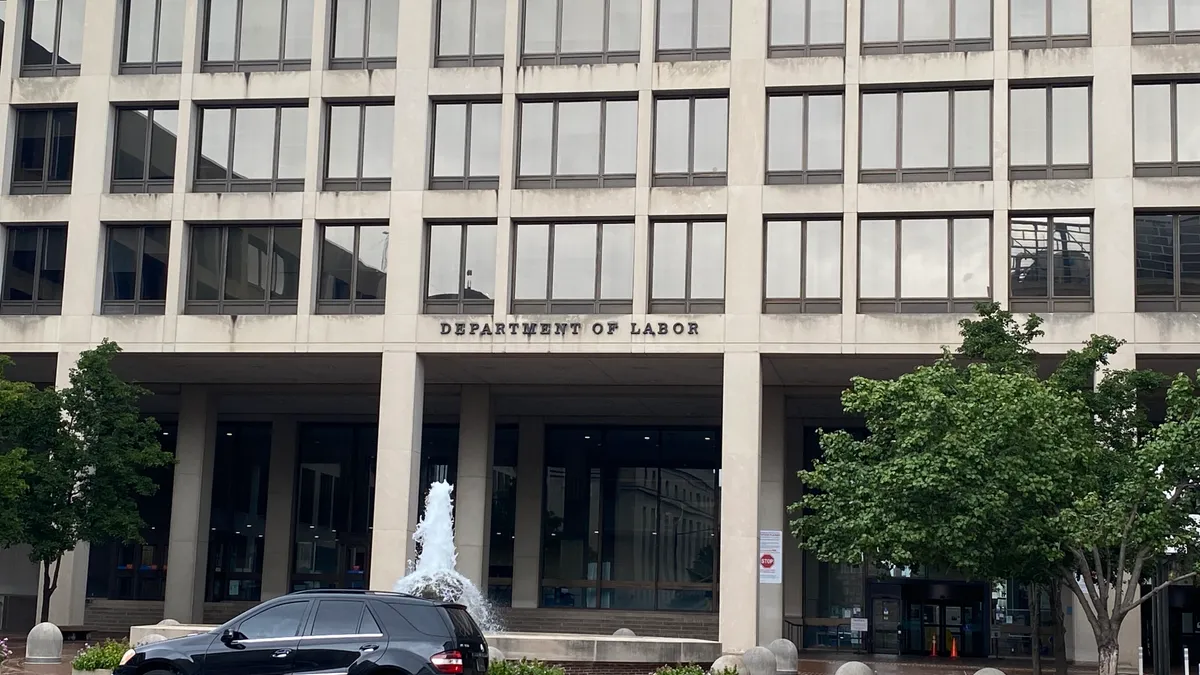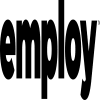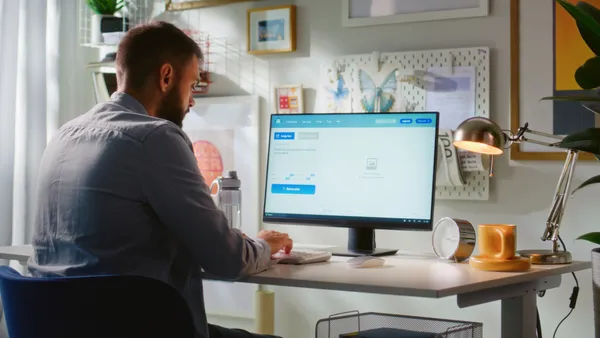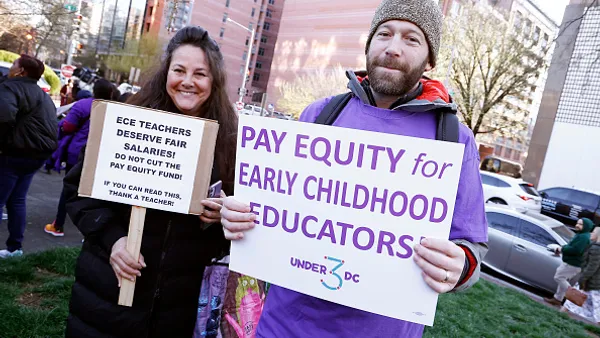Dive Brief:
- A new Transitions Optical survey found that millennials and Generation Z aren't as interested in vision benefits as boomers or Generation Xers. According to the Employee Perceptions of Vision Benefits survey, 76% of employees are enrolled in a vision benefits plan, but millennials and Gen Z are more likely not to be enrolled in or using such a plan.
- The survey also found that the enrollment breakdown by generation is boomers (84%), Gen Xers (80%), millennials (75%) and Gen Z (50%). Transitions Optical says younger employees' low enrollment in vision care may be because they're unaware of the importance of eye examinations and general vision care.
- Millennials and Gen Z workers in the survey incorrectly think that eye tests and vision screening performed by primary care physicians include the type of comprehensive eye exams that an eye care specialist would perform.
Dive Insight:
Like dental care benefits, vision and eye care fall under the umbrella of voluntary benefits which, unlike "mandatory" benefits such as health care, makes engagement a bit trickier. Although voluntary benefits sign ups have risen since 2014, according to one study, the overall share of workforce participation isn't as encouraging.
Employees generally want to know and understand their benefits, and it's up to employers to communicate this information to them throughout the year — not just during open enrollment. Employees may deem themselves healthy enough to forgo eye care and similar voluntary offerings, but the benefits of preventative care measures like examinations can bring financial savings (to both employee and employer) and enable medical professionals to catch major health issues before they happen.
Eyesight, for example, generally begins to dim at age 41, according to the American Optometric Association. When generations hit that age, they'll likely understand the need for regular eye exams and general vision care. For generations that aren't at that stage, vision benefits aren't going to be seen as important as benefits covering general healthcare, student loan repayment, tuition reimbursement or identity theft. The one exception might be retirement plans, which millennials know they must start investing in early to have enough retirement savings.
In order to get younger workers interested in voluntary benefits, HR will need to utilize the same messaging avenues that those workers use in order to streamline information delivery. The more you can personalize these messages, the better. Employees are more likely to use HR resources when they feel empowered to bring health concerns and questions to HR (or to their benefits guidance assistant, if they have one).













